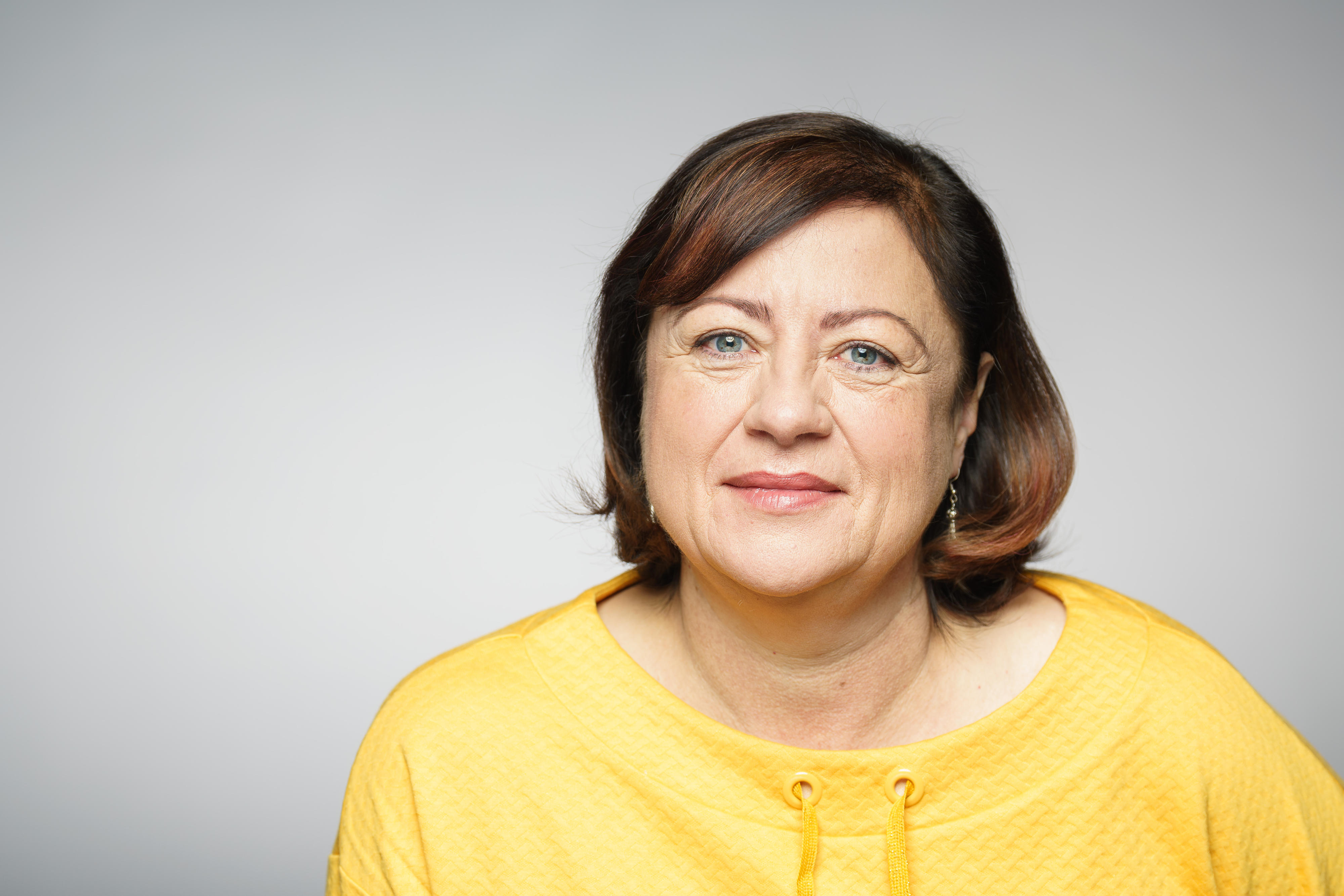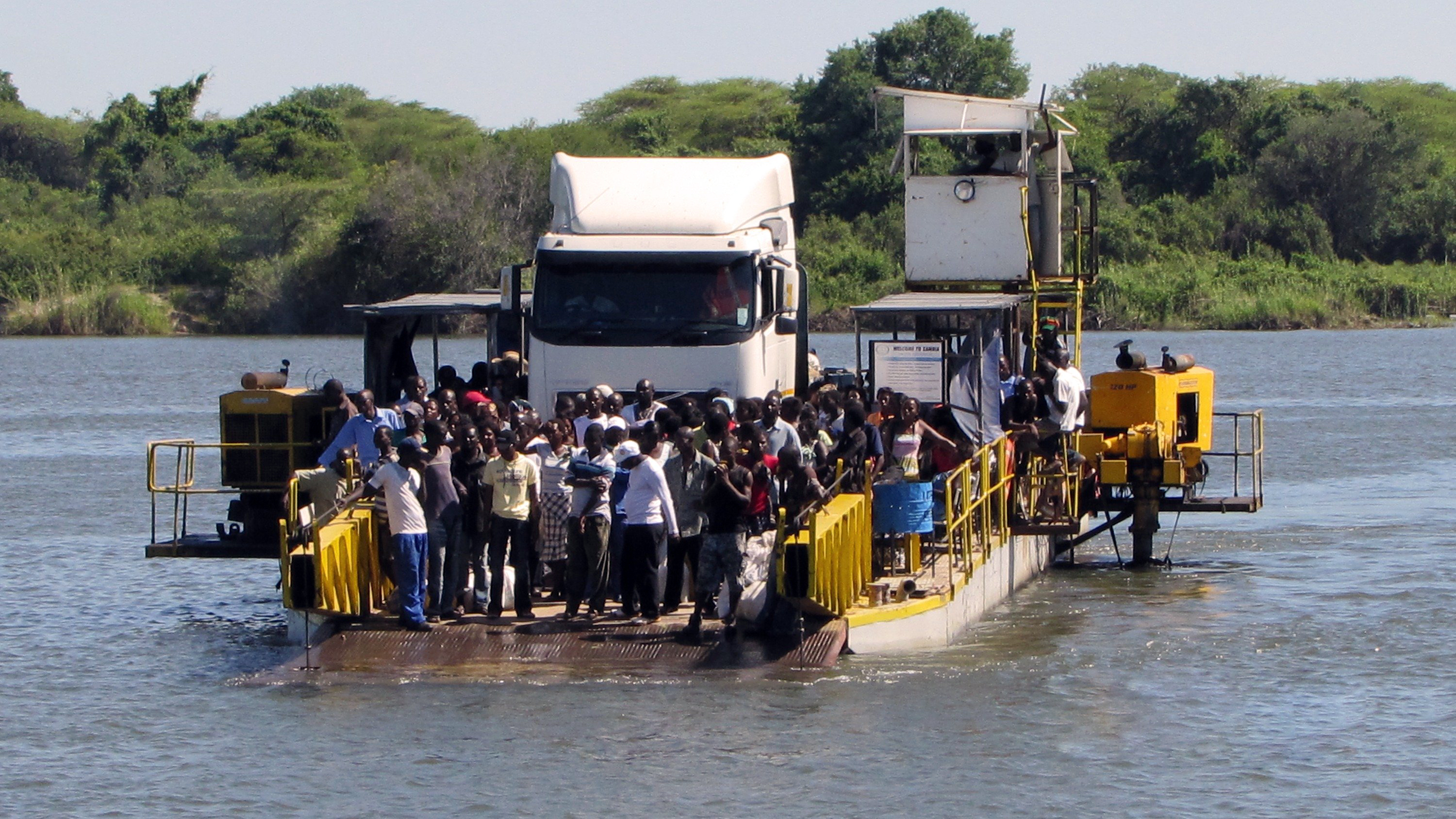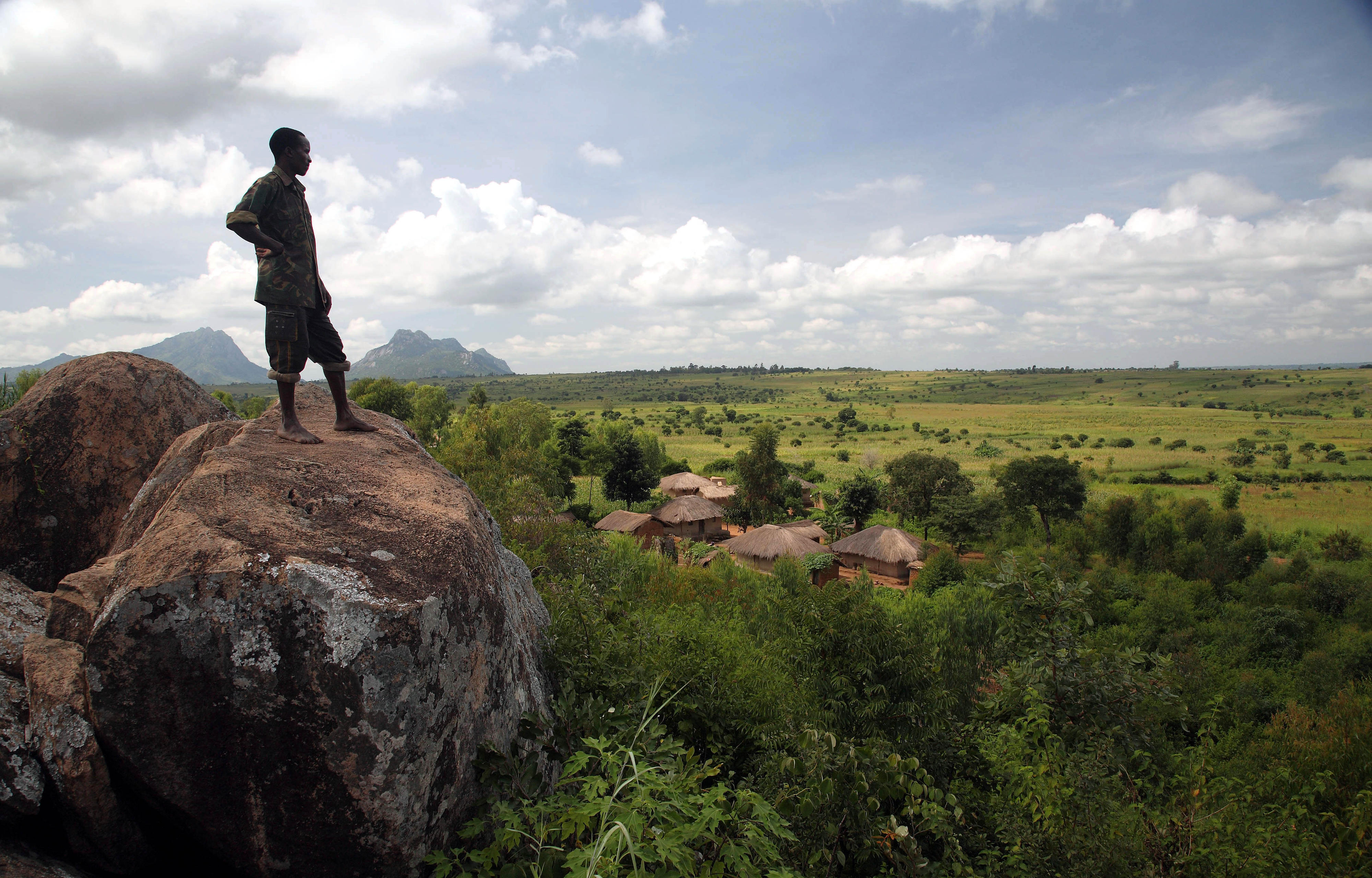Visit to Southern Africa Germany supports reform policies in Zambia and Malawi
Press release 18 February 2023 | Zambia and Malawi are two of Africa's most stable countries. They have well-established democratic systems and guarantee civil rights. At the same time, they are two of the poorest countries in Southern Africa. Dr Bärbel Kofler, Parliamentary State Secretary in the Federal Ministry for Economic Cooperation and Development (BMZ), is leaving today for a seven-day visit to the two countries in order to pay tribute to their ambitious efforts to fight hunger and poverty, and in order to support their course of pursuing democratic reforms. In line with its new Africa Strategy, which is based on the principle of respect and fair cooperation, the BMZ is planning to deepen its cooperation with Malawi and Zambia
Kofler said, “Through our development cooperation, we want to support the efforts of the Governments of Malawi and Zambia to fight hunger and poverty – for instance through feeding programmes for children, social protection, and efforts to reduce maternal and child mortality. In this way, we are addressing a key goal of our new Africa Strategy in the two countries – the eradication of poverty. We will continue to work with the poorest countries, like Zambia and Malawi, even if the crises there are often overlooked by the global public.”
In Malawi and Zambia, Kofler will visit many projects that are supported by Germany, and she will exchange ideas with decision-makers about the key success factors for sustainable poverty reduction and food security. Zambia and Malawi are among the nations with the highest incidence of malnutrition in the world. More than 30 per cent of all children are stunted, meaning they suffer irreversible physical and mental damage because of malnutrition during the first 1,000 days of their lives.
Even though both governments are faced with a challenging budget situation, the two countries have launched numerous food security programmes, but they need support for these programmes. Germany provides funding, for example, for programmes in eastern Zambia that help to provide more frequent nutritious meals for children, for instance by helping families to grow fruit and vegetables in small gardens near their homes. That improves children's living conditions overall. And social protection cash transfers give new hope to people in emergencies, for example if they have to provide for further relatives in addition to their own families. Social protection very often has a twofold impact. For one thing, it provides basic protection. For another, it serves as a basis for many people to take their lives into their own hands, for instance as they set up a small enterprise or engage in agriculture. In Malawi, Dr Kofler will be visiting recipients of social protection benefits.
Malawi is also very committed to strengthening the reproductive rights of women and girls. The country has been able to reduce maternal and child mortality and improve people's access to modern family planning methods. Germany has been supporting Malawi's efforts in this field. The two countries' shared goal is to make births safer and strengthen women's and girls' ability to make their own choices – for example through health centres that offer advice and health services geared towards the needs of young people.
One vital prerequisite for successful poverty reduction is a sustainable financial situation in the public sector. The reduction of public debt is a special challenge for Zambia and Malawi. Zambia defaulted on its sovereign debt two years ago. Malawi is at high risk of debt distress. In order to enable Zambia to increase its revenues with a view to overcoming the debt crisis, the BMZ together with the EU and the USA has been supporting public financial management reforms, for instance with regard to improving the efficiency of tax administration and making budget planning more transparent. Negotiations are also under way for debt restructuring within the framework of the G20, with the participation of China, one of Zambia's biggest creditors. Kofler is planning to discuss this with Felix Nkulukusa, Secretary to the Treasury in Zambia, and with Malawi's Finance Minister Sosten Gwengwe.
Both Malawi and Zambia held elections recently (in 2020 and 2021, respectively) which led to peaceful changes of government. Both countries also grant their people freedom of speech and of the press. When important UN resolutions were adopted on Ukraine, both countries voted in favour of condemning Russia's attack and annexation of territories in eastern Ukraine.


